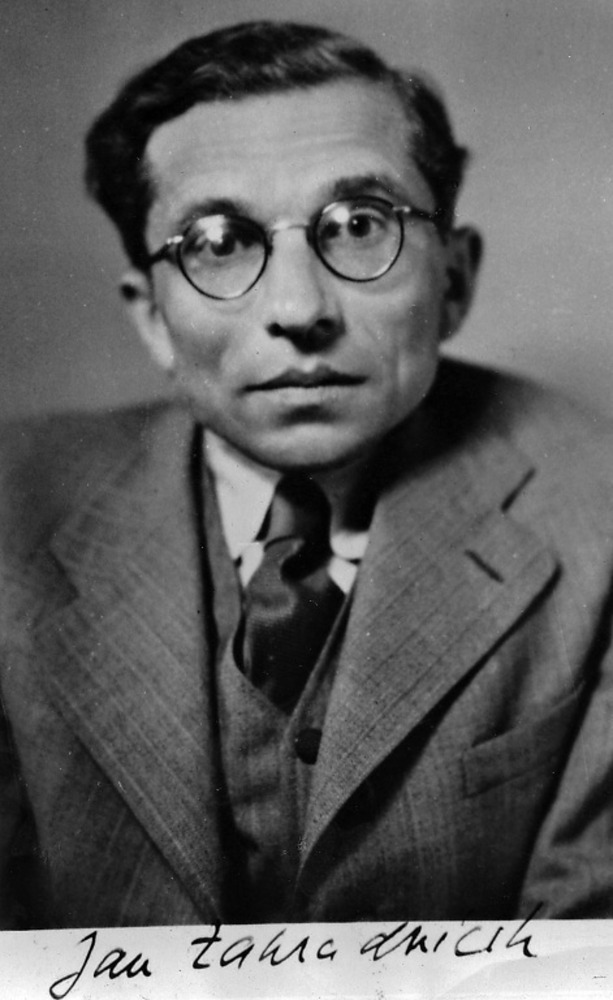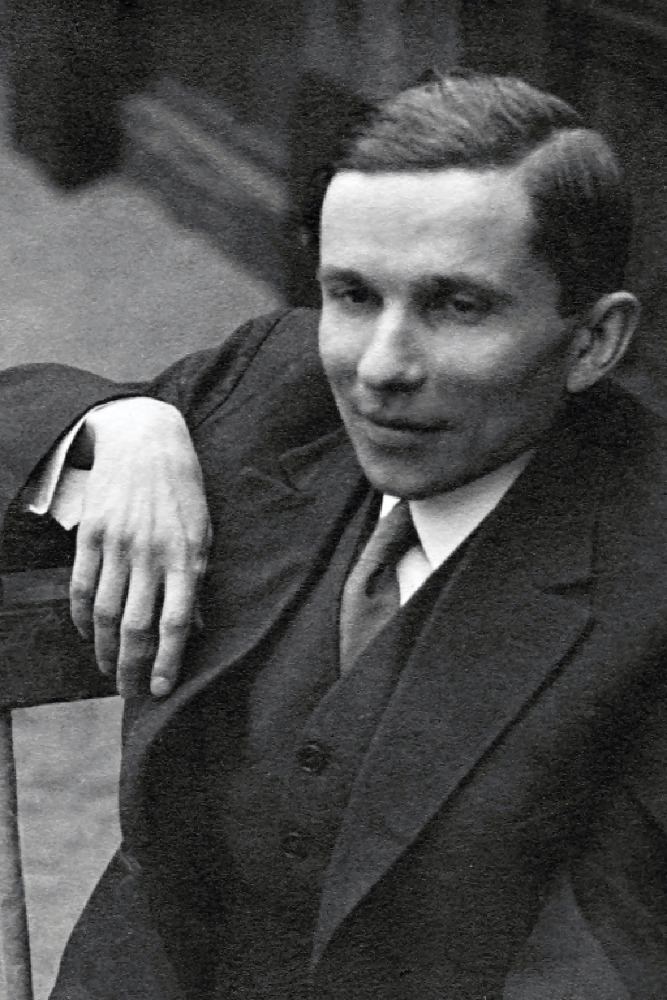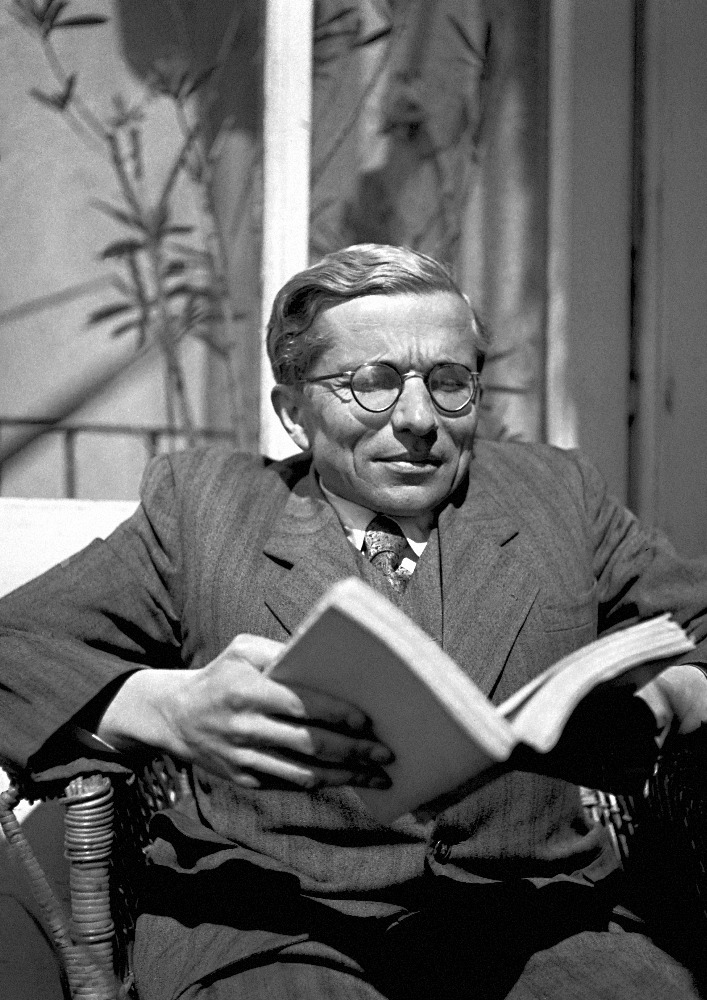Jan Zahradníček was a Czech poet, writer, translator, critic, and journalist. He is known for his Catholic and anti-communist poetry. His first poems appeared in 1924 in Studentský časopis. Zahradníček subsequently contributed to many other journals and newspapers (e.g. Tvar, Listy pro umění a kritiku, Archa, Host, Literární noviny, Kvart, Lidové noviny). His first collection of poems, entitled Pokušení smrti (The Temptation of Death), was published in 1930. In 1929 and 1930 Zahradníček passed librarian exams. He edited the literary review Akord (1940–1948) and worked as an editor at Brněnské tiskárny publishing house (1945–1949). After the Communist coup of February 1948, Zahradníček was expelled from the Union of Czechoslovak Writers because of his Catholic and anti-communist attitudes. In June 1951, he was accused of espionage and subversions against the Communist regime and arrested. A year later, he was sentenced to 13 years in prison. During his imprisonment, he continued writing poetry. Poems from this period were published later, after Zahradníčekʼs death, in the collections Čtyři léta (Four years, 1969) and Dům Strach (House of Fear, 1981). These poems reflected not only his difficult life in prison, but also family tragedy – his two daughters died in 1956 from mushroom poisoning. Apart from these two collections, Zahradníčekʼs reflection of the Communist regime can be found in the poetry collections La Saletta (1947) and Znamení moci (Sign of Power, 1951). However, Znamení moci could not be published until 1990. Zahradníček was granted amnesty and released in 1960, although, due to his poor health, he died soon after his release. Before 1989, Communist authorities tried to remove Zahradníčekʼs name from the official history of Czech literature. Thus, before 1989, his work could only be published – with some exceptions during the late 1960s – as samizdat or in exile.



